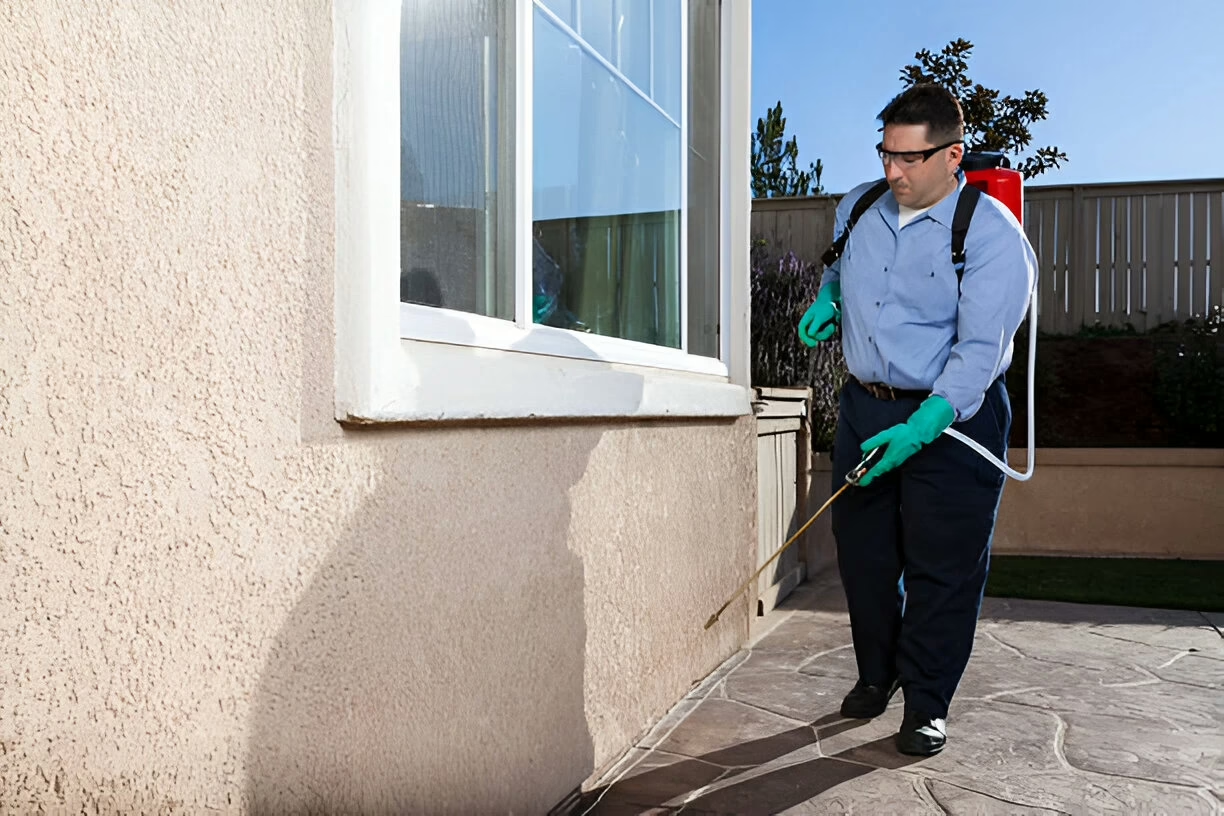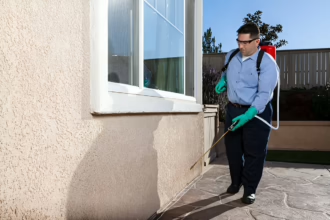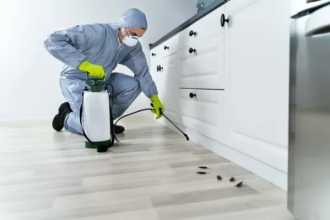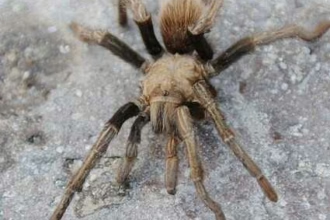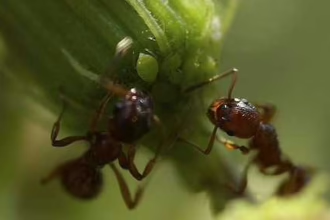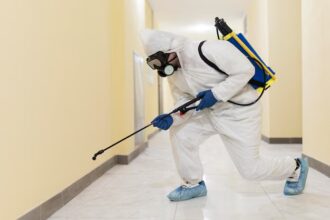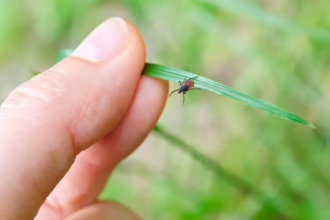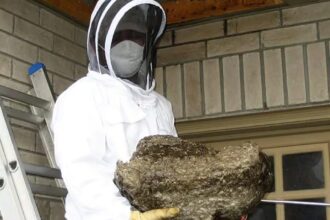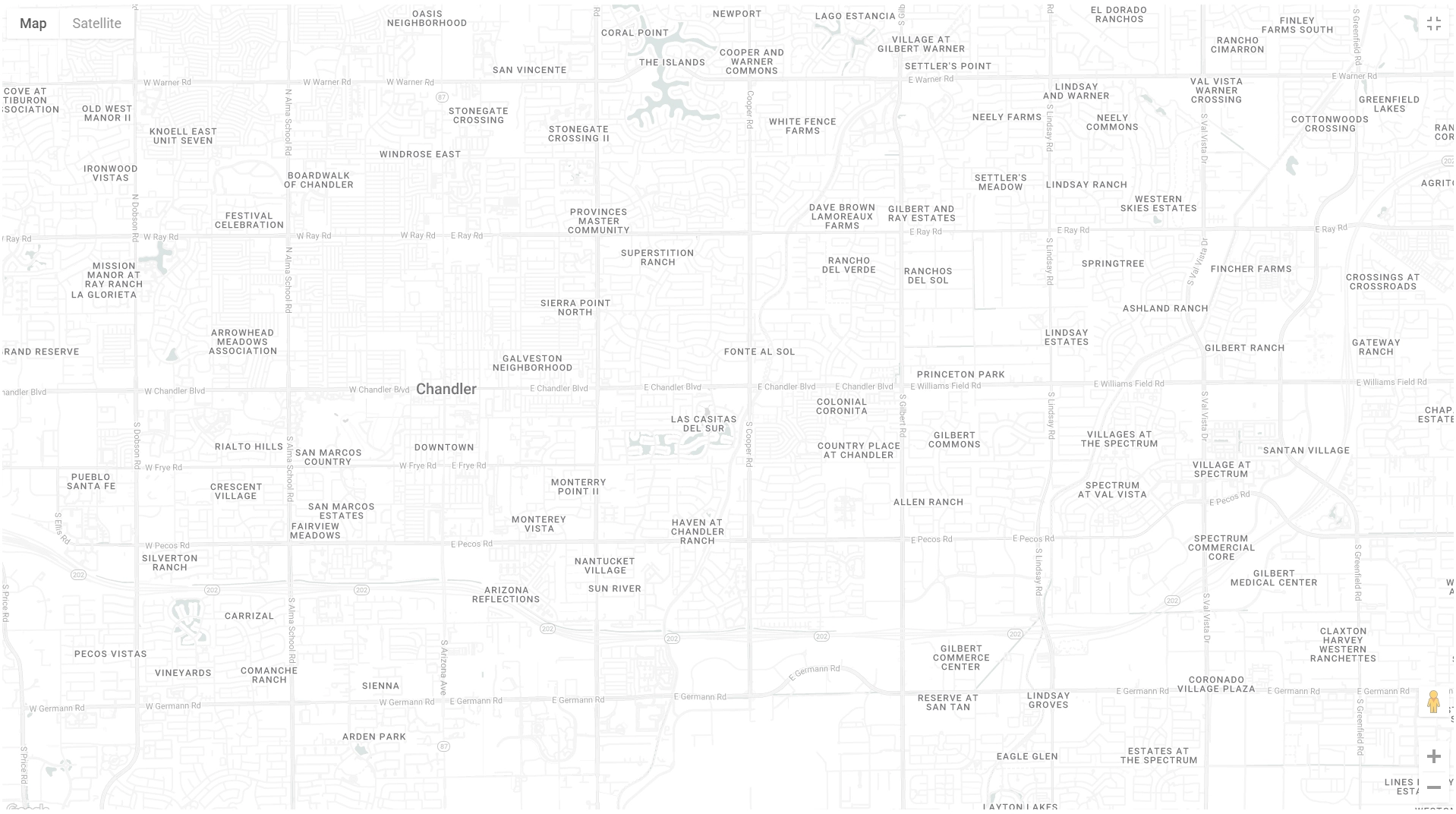Overview: The Significance of Residential Pest Control
Your house is your haven, termites, rodents, and cockroaches can make it a health risk. In addition to being convenient, residential pest control is an essential line of defense against illness, stress, and property damage. The EPA estimates that termites inflict over $5 billion in structural damage each year in the United States alone, while rodents are responsible for the spread of over 35 diseases globally. In order to restore your peace of mind, this book compares professional and do-it-yourself options, outlines practical methods for getting rid of pests, and helps you pick the best service.
Common Household Pests and Their Hidden Dangers
1. Rodents: Silent Destroyers of Homes
- Risk: Chew wires (fire hazard), contaminate food with salmonella.
- Solution: Seal gaps with steel wool, set tamper-resistant traps.
2. Cockroaches: Triggers of Asthma and Allergies
- Risk: Spread E. coli, worsen respiratory issues.
- Wet basements, bathrooms, and kitchens are hotspots.
3. Termites: The Threat Worth Billions of Dollars
- Risk: Destroy wood silently; 90% of homeowners’ insurance policies don’t cover termite damage.
- Spot early signs of termites
4. Ants: Tiny Invaders, Big Problems
- Risk: Carpenter ants weaken wood; fire ants deliver painful stings.
- Solution: Use borax-based baits near entry points.
5. Bed Bugs: Nighttime Sleep Saboteurs
- Risk: Itchy bites, rapid spread via luggage/furniture.
- Tip: Heat treatments (120°F+) kill eggs and adults.
6. Spiders: Friends or Foes?
- Risk: Black Widow/Brown Recluse bites require medical care.
- Prevention: Reduce clutter and outdoor debris.
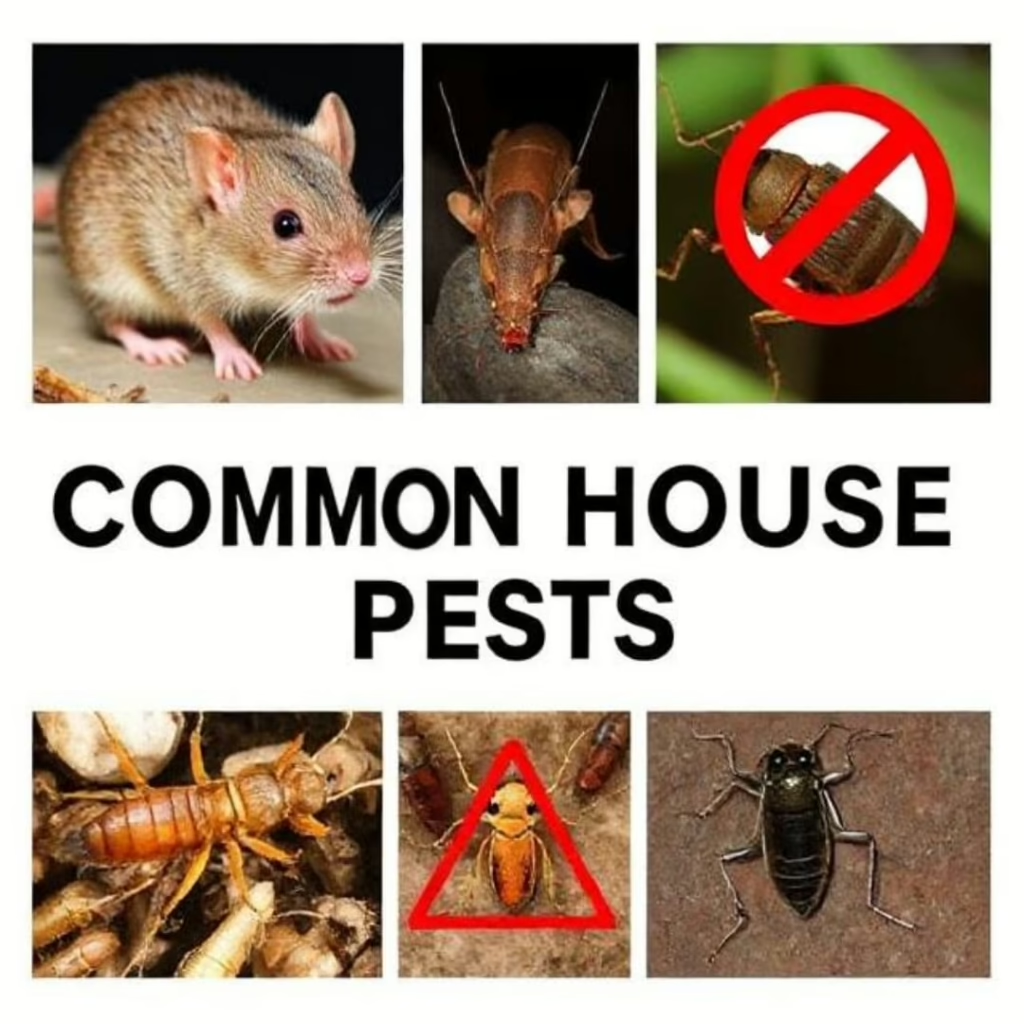
DIY vs Professional Residential Pest Control: What Works?
When DIY Makes Sense
- Minor Issues: Ant trails, occasional spiders.
- Tips:
- Use peppermint oil sprays for spiders.
- Fix leaky faucets to deter cockroaches.
When to Call a Professional
- Red Flags:
- Recurring infestations (e.g., bed bugs).
- Structural damage from termites/rodents.
- Venomous pests (e.g., wasps, Black Widows).
- Benefits of Pros:
- Advanced tools (thermal imaging for termites).
- Guaranteed results with eco-friendly treatments.
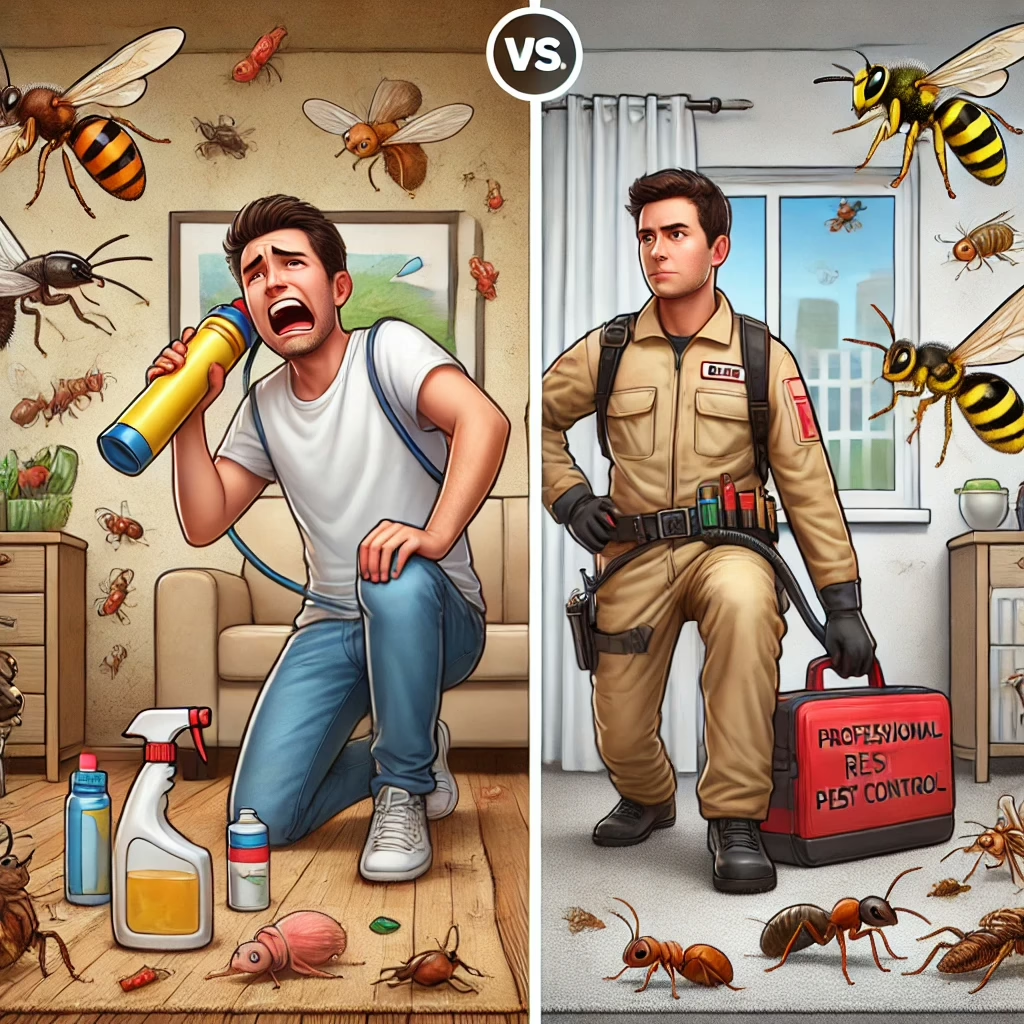
Effective Residential Pest Control Methods
1. Your First Line of Defense Is Prevention
- Use silicone caulk to seal cracks.
- Store food in airtight containers.
- Trim shrubs 3+ feet from your home.
2. Chemical Treatments: Fast & Targeted
- Use Cases:
- Insecticides for roach colonies.
- Bait points with tamper-proof rodenticides.
3. Sustainable Options
- Diatomaceous earth for ants and cedar mulch for mosquitoes are examples of natural repellents.
- Aphid-eating ladybugs and grub-killing nematodes are examples of biological controls.
4. Integrated Pest Management (IPM)
- Steps: Inspect, identify, monitor, and combine chemical/mechanical tactics.
- Learn about our IPM plans
How to Choose the Right Residential Pest Control Service
- Verify Credentials
- Licenses, certifications (e.g., NPMA), and insurance.
- Read Reviews & Compare
- Check BBB ratings and Google testimonials.
- Ask About Safety
- Request pet- and child-friendly treatments.
- Free Inspections & Warranties
- Reputable companies offer both (30-day guarantees).

FAQs About Residential Pest Control
1. “How often should I schedule treatments?”
- Answer: Quarterly for prevention; monthly for severe infestations.
2. “Are treatments safe for my pets?”
- Answer: Most pros use EPA-approved, low-toxicity sprays. Ask for details!
3. “Can I stay home during treatment?”
- Answer: For eco-friendly methods, yes. For fumigation, vacate for 24–48 hours.
4. “What are signs of termites?”
- Answer: Mud tubes, hollow-sounding wood, discarded wings.
Act Now: Secure Your Pest-Free Home Today!
Don’t let pests compromise your health or home’s value. Residential pest control is a small investment for long-term safety.
📞 Call Now for a Free Inspection: (480) 916-2737
💻 Online Booking: Visit Website to schedule your FREE inspection.

For EPA-approved pest control tips, visit EPA’s Guide.




